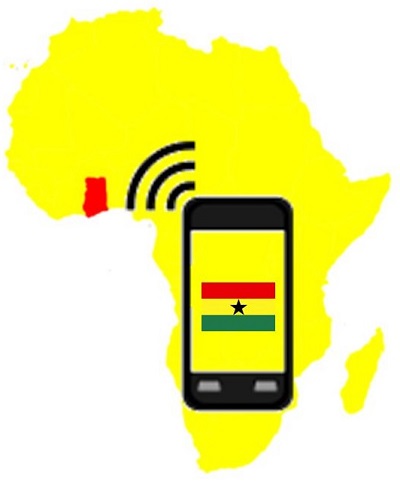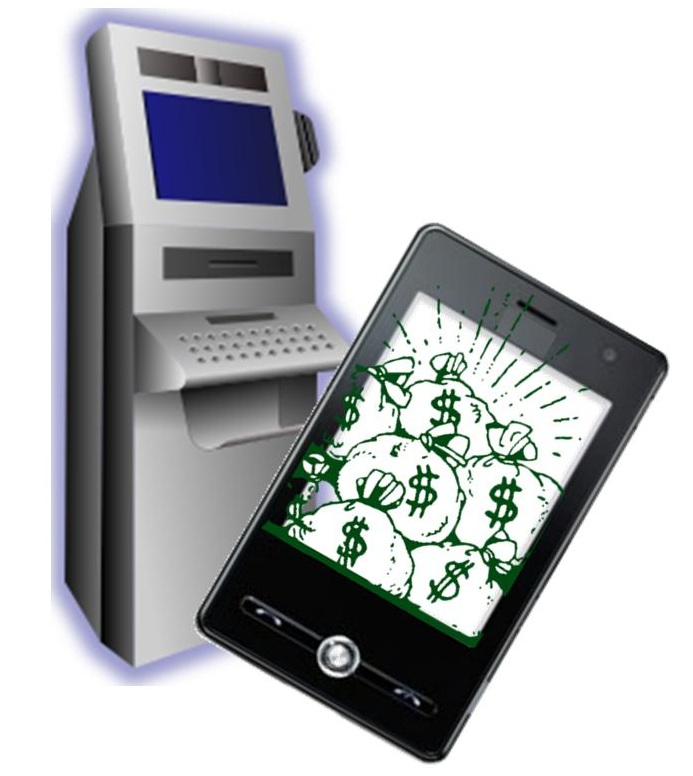There has been a transition that has occurred throughout the entire country.
A major change has been going on in Ghana, where all banks will soon be able to bring in mobile payments as an offering for their customers, following enhancements that have been made to the interbank switching and processing system in the country.
This was done by Ghana Interbank Payment and Settlement Systems (GhIPSS), a Bank of Ghana subsidiary.
The enhancements that were made to the national switch were to the gh-link platforms. That is the interbank switching and processing system from GhIPSS which interconnects switches that are run by the country’s various financial institutions and third party institution owned systems. GhIPSS came up with a gh-link mobile payments system in partnership with eTranzact, a Nigerian transaction company. The introduction of gh-link mobile is an element of the mandate from the GhIPSS to turn Ghana into a society that functions with digital transactions. This, according to the chief executive of GhIPSS, Archie Hesse.
Hesse explained that the mobile payments system has been developed and will soon be tested.
 The mobile payments system has already been created. Its testing will begin near the start of 2014 before it will officially be rolled out. All of the country’s banks will then be able to add smartphone based transactions to their offerings.
The mobile payments system has already been created. Its testing will begin near the start of 2014 before it will officially be rolled out. All of the country’s banks will then be able to add smartphone based transactions to their offerings.
In 2012, gh-link ATM was introduced by GhIPSS, which gives the debit cards in the country the ability to be use in nearly all of the ATMs throughout the entire country. The Ghana News Agency reported that officials from GhIPSS official have been meeting with other transaction companies. For instance, meetings with MasterCard have brought about integration with cards that are branded by that credit card company into the gh-link platform of ATMs.
Furthermore, beyond mobile payments, GhIPSS has also started a pilot project that uses gh-link hybrid PoS (point of sale) terminals that allow customers of the banks in the country to be able to shop using their local ATM cards. The smartphone based transactions will be added on top of that gh-link platform in order to provide consumers with an added level of flexibility.
These large institutions are using data and offers to help to ensure that they hold the market.
Bankers have always seen transactions as their own domain, to the point that they are virtual owners, says recent Finextra research, and now they are hoping to use their might in this arena to lead the mobile payments sector, as well.
To do this, Finextra has reported that they will be deploying data and discounts to eliminate the competition.
The research from Finextra suggested that in order to become the most powerful player in mobile payments, they will be using their data and applying discounts as massive weapons in the battle to hold control over transactions and to be able to provide services that step above and beyond making a purchase.
 The Finextra research was based on the responses given by over 180 bankers who were surveyed.
The Finextra research was based on the responses given by over 180 bankers who were surveyed.
These survey participants were asked about what Finextra referred to as “key issues” in the realm of monetizing mobile payments. Some of the findings produced by the study include that 81 percent of the participating banks are seeking to add value beyond the actual transaction itself. This included making relevant offers to consumers directly at the point of sale.
Moreover, about two out of every three survey participants (67 percent) explained that they were seeking to own and manage the markets not only for the money of a consumer, but also all of the other elements of an individual’s wallet, such as points cards, memberships, and coupons.
Other mobile payments survey findings from the respondents included:
• 60 percent felt that a “trusted banking environment” is the most appropriate place for mobile payments, as opposed to third party smartphone apps.
• 43 percent said that they had a digital wallet offering in the pipeline within the next 6 to 12 months.
• 49 percent would take part in some form of open industry digital wallet initiative.
In terms of the future of mobile payments “big data”, 44 percent of the banks explained that they did not have adequate resources to take full advantage of it, and an additional two out of every three respondents said that smartphone monetization would be a primary big data usage driver, offering the required insight for personalizing targeted offers to consumers.
 The mobile payments system has already been created. Its testing will begin near the start of 2014 before it will officially be rolled out. All of the country’s banks will then be able to add smartphone based transactions to their offerings.
The mobile payments system has already been created. Its testing will begin near the start of 2014 before it will officially be rolled out. All of the country’s banks will then be able to add smartphone based transactions to their offerings.
 The Finextra research was based on the responses given by over 180 bankers who were surveyed.
The Finextra research was based on the responses given by over 180 bankers who were surveyed.